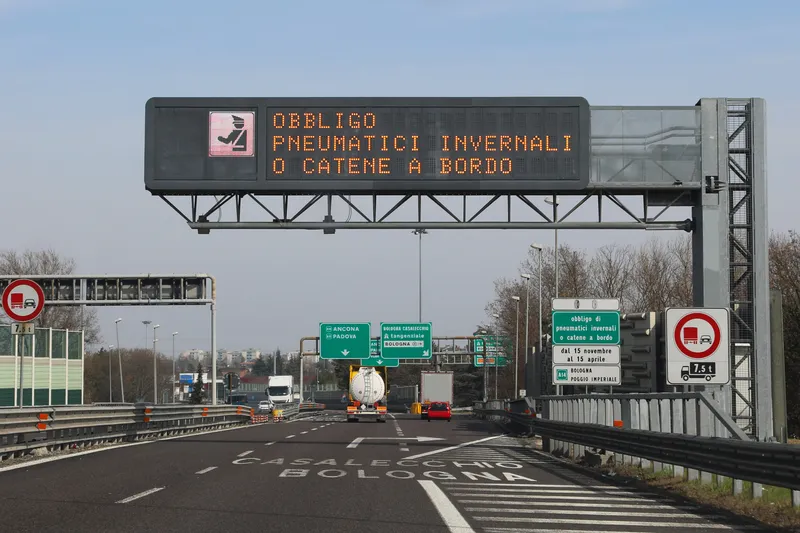In the wake of the VW emissions scandal in late 2015, the
In a clear effort towards reform, the Commission calls for market surveillance for vehicles after their release. The proposal increases the oversight of type approval authorities and introduces regular checks from independent market surveillance authorities.
In addition, the Commission reserves the right to verify whether vehicles or systems on the market adequately conform to the type approval granted both for new and registered vehicles. The data needed to verify compliance with type approval would also be made public in this proposal. In addition, the revision seeks to streamline the legislation on access to repair and maintenance information.
Jacob Bangsgaard,
My Car My Data educates consumers about connectivity, ensuring they are aware of their rights. It says they should have the right to choose and change service provider according to their needs and to choose among service providers competing in an open market.
EU sets out to increase surveillance of vehicle type approval
In the wake of the VW emissions scandal in late 2015, the European Commission has published its proposed revision of vehicle type approval legislation. In a clear effort towards reform, the Commission calls for market surveillance for vehicles after their release. The proposal increases the oversight of type approval authorities and introduces regular checks from independent market surveillance authorities.
January 28, 2016
Read time: 2 mins









